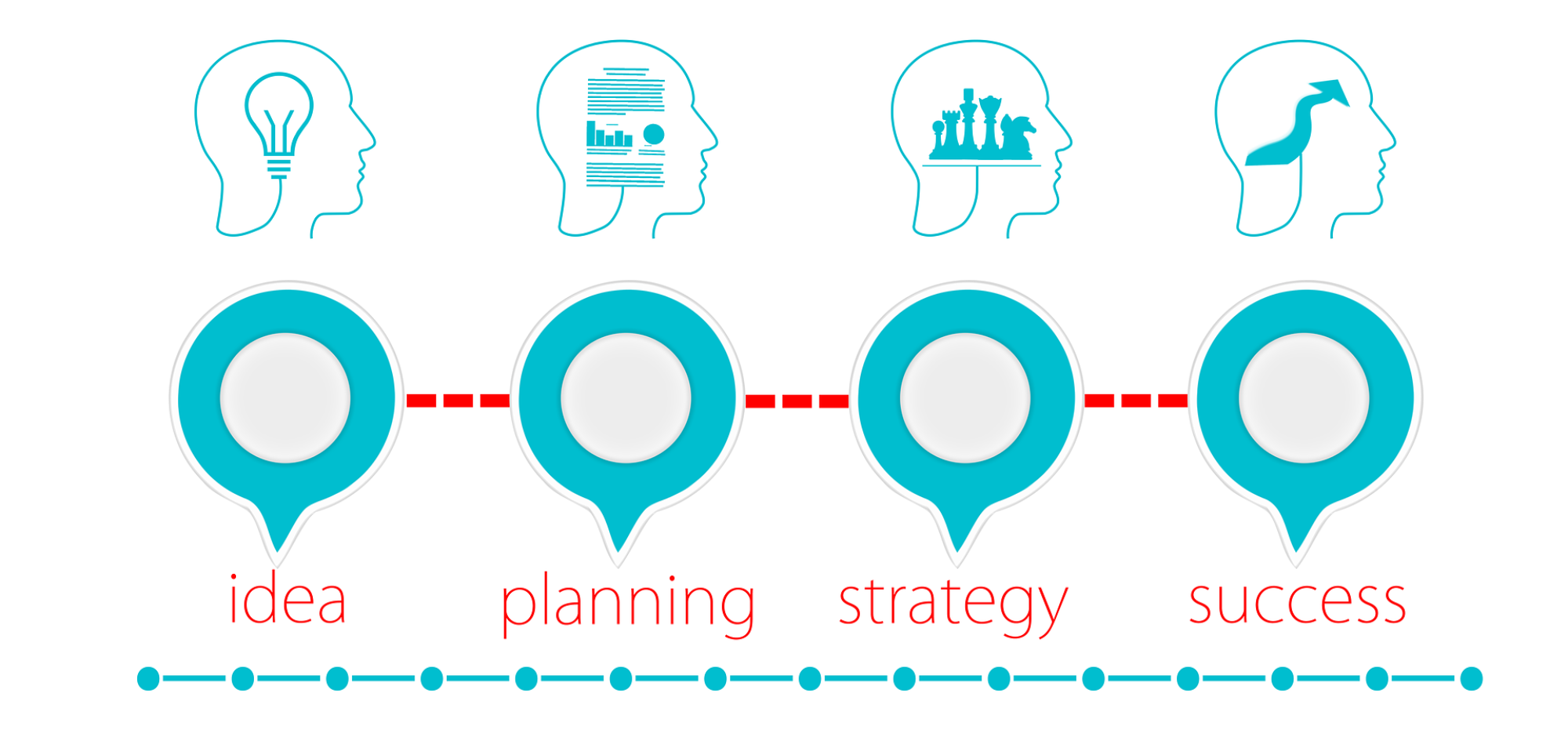The disbursement of debt capital can be complicated. Usually, debt capital is provided in several rounds, with payments made based on certain milestones and conditions. These requirements are detailed in credit agreements. In the early stages of a business, multiple creditors may not exist, and operations may become more complex. Depending on the nature of the business and the terms of the credit agreements, the disbursement of debt capital may be divided among several sources.
However, debt financing comes with hidden “agency” costs, including loan covenants, indenture agreements, property mortgages, and performance guarantees. Such hidden costs can be prohibitive for highly leveraged growth companies. Moreover, debt at market value may reach twenty to thirty percent of capital, which reflects the future value of the company’s investment opportunities. Debt capital is usually willing to lend against tangible assets and future cash flows from existing activities.

Municipal bonds are issued by various government bodies, the largest market being the US. Municipal bonds are debt securities that have fixed coupon rates and offer a lower return than equity investments. Debt securities are not traded on the primary market, so they can’t be sold to investors directly. However, they are still an attractive investment option for those interested in a career in debt capital. There are many fixed-income courses available to help you learn more about the debt capital markets.
A career in debt capital markets requires a high degree of expertise in financial markets. In addition to providing corporate issuers with capital, these analysts must also have an excellent knowledge of fixed income, treasury, and money market instruments. Ultimately, debt capital is part of a healthy personal and business financial strategy and can help get your business off the ground. For the most part, managing debt capital is an issue of planning. If a corporation needs to borrow money, sinking funds can be an effective way to improve its creditworthiness and pay down debts.
Joseph Stone Capital says when choosing between debt capital and equity, make sure to consider the pros and cons of each. Bank loans, notes payable, and corporate bonds are three common forms. Each has its advantages and disadvantages. Bank loans, however, are a good option for small businesses in the early stages. Whether you choose to get debt financing for a start-up, you should make sure to choose the right source. If you want to maximize the benefits of debt capital, consider a hybrid of the two.
While the risk of default on a loan is a consideration for most companies, a low D/E ratio can increase the likelihood of future funding. As with equity, investors care about volatility. The traditional financial model assumes that the risk of bankruptcy increases as the debt amount increases. The moderate use of debt leverages earnings and therefore reduces risk awareness while increasing the value of the company. It’s important to understand your business’s risk tolerance so that you can select the best form of debt capital for your needs.
